
Are Toxic Political Conversations Changing How We Feel about Objective Truth?
As political polarization grows, the arguments we have with one another may be shifting our understanding of truth itself
Recommendation
When it comes to political and moral issues, what is right can be blurry. While some believe only one stance can be right, others believe many can have merit. Past studies suggest this difference can affect how people see and debate with each other. But can the way people debate also impact how they perceive an issue? Matthew Fisher and Brent Strickland join professors Joshua Knobe and Frank C. Keil to take readers through their recent study of this question. This article will engage anyone interested in cognitive and behavioral science.
Summary
About the Authors
Matthew Fisher is an assistant professor of psychology at Southern Methodist University. Joshua Knobe is a professor at Yale University, appointed both in the program in cognitive science and in the department of philosophy. Brent Strickland is a researcher in cognitive science at the Jean Nicod Institute in Paris. Frank C. Keil is Charles C. and Dorathea S. Dilley Professor of Psychology and a professor of linguistics and cognitive science at Yale University.








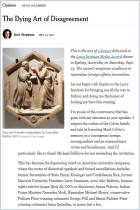
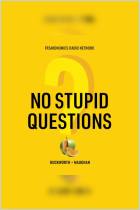
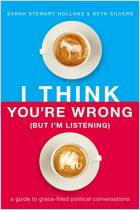

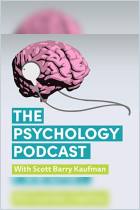
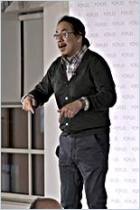


Comment on this summary or Iniciar a Discussão